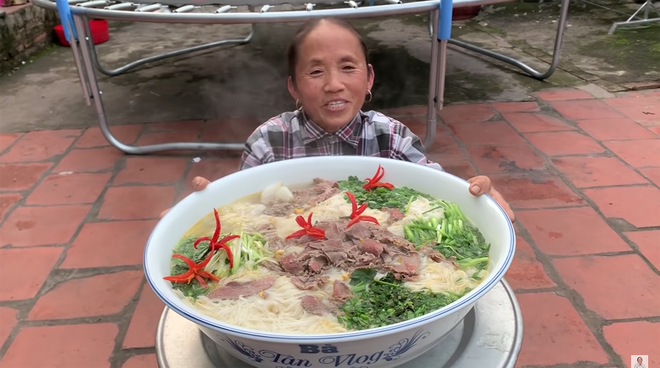Is Pho Fattening? Debunking the Myths and Revealing the Truth
Pho, the popular Vietnamese noodle soup, has gained immense popularity worldwide for its flavorful broth and delicious toppings. As with any food, concerns about its nutritional value and potential for weight gain have emerged. In this article, we will explore the question, "Is pho fattening?" and shed light on the truth behind this culinary delight.

(Is Pho Fattening)
Pho is traditionally made with a combination of rice noodles, broth, and various toppings such as meat, herbs, and bean sprouts. To determine whether pho is fattening, we need to examine its ingredients and preparation methods.
1. Broth: The heart of pho lies in its aromatic broth, which is usually made by simmering beef bones or chicken for several hours. The resulting broth is rich in flavor but relatively low in calories. The fat content in the broth can vary depending on the type of meat used and the cooking method. However, skimming the fat off the surface can significantly reduce its calorie content.
2. Rice Noodles: Pho is traditionally served with rice noodles, which are gluten-free and lower in calories compared to wheat noodles. While they do contain carbohydrates, rice noodles are generally considered a healthier option as they are less processed and have a lower glycemic index.
3. Toppings: The toppings in pho, such as thinly sliced meat, herbs, and bean sprouts, provide essential nutrients and add flavor to the dish. The amount of meat and other toppings can vary, but they are typically not excessive. Including a variety of vegetables and herbs can contribute to a well-balanced meal.
Now that we have examined the main components of pho, let's address the question: Is pho fattening?
Pho, when prepared with lean meats, a moderate amount of noodles, and a generous serving of vegetables, can be a nutritious and satisfying meal. Its relatively low calorie and fat content make it a suitable option for those watching their weight or trying to maintain a healthy diet.
However, it's important to note that the overall calorie content of pho can be influenced by serving size and additional condiments. Adding excessive amounts of hoisin sauce, Sriracha, or other high-calorie condiments can increase the calorie intake significantly. To keep pho a healthy choice, it's advisable to use condiments in moderation.
Additionally, portion control plays a crucial role in managing calorie intake. While pho is a delicious and nourishing dish, consuming excessively large portions on a regular basis can lead to weight gain. It's essential to be mindful of portion sizes and listen to your body's hunger cues.
In conclusion, pho, when prepared with a balanced selection of ingredients and consumed in moderation, can be a part of a healthy diet. Its nutritious broth, lean meats, and vegetable toppings contribute to a satisfying meal that can be enjoyed without the fear of it being inherently fattening. Remember, moderation and mindful eating are key when it comes to maintaining a healthy lifestyle. So, the next time you crave a bowl of pho, feel free to indulge in this flavorful delight, knowing that it can be a nutritious and satisfying choice when enjoyed in a mindful and balanced manner.